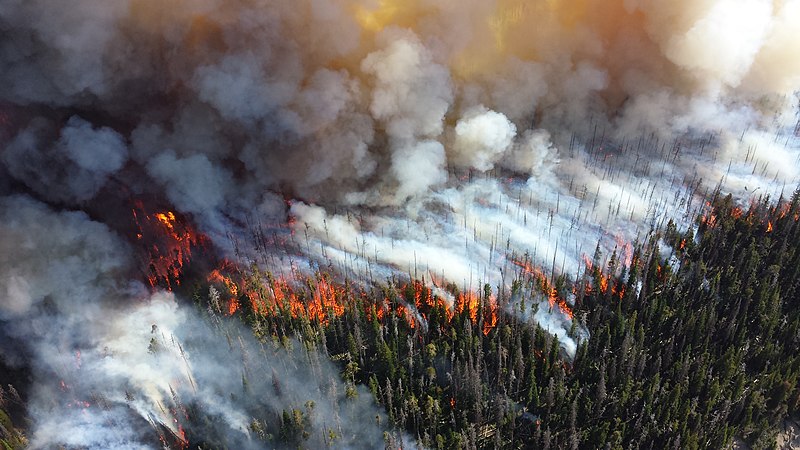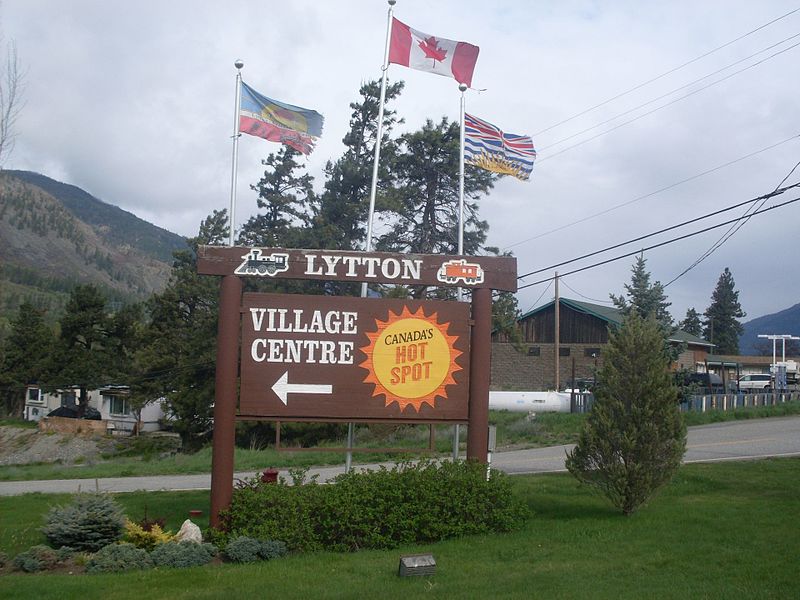|
Years ago, a driving vacation brought us to the charming village of Lytton, on the Fraser River in southern British Columbia. It was named for Bulwer-Lytton (1803-1873), British colonial secretary and author of the much-mocked line, “It was a dark and stormy night.” We’d lunched earlier at Lillooet, where our waitress was almost in tears over wildlife dying in a nearby forest fire.
After a harrowing drive from Lillooet to Lytton, mountains on one side and river on the other, with a blind curve where rockfall blocked half the road, it was a relief to park in Lytton and get out of the car. Smoke and flames were visible across the Fraser. We watched with fascination as firefighting helicopters lowered huge buckets into the river, then flew back over the forest to pour water on the blaze. Last week I learned for the first time that wildfire two years ago destroyed 90 percent of the village. Was I not paying attention, or does the American press ignore Canadian villages? Lytton is no more. Rebuilding is planned but hasn’t yet begun. Air quality health warnings keep many Wisconsinites indoors lately to avoid smoke from wildfires in northern Quebec. Distressing for us, it has to be immeasurably worse for residents evacuated from the path of the fires. Although Lytton is farther away, reading belatedly of the almost-total destruction of a village I’ve visited brings Canadian wildfires up close and personal. Images: (left) wildfire in Yellowstone 2013; (right) welcome to the “hot spot.” The images I found from the Lytton fire are copyright news photos.
0 Comments
Leave a Reply. |
AuthorI'm a historian who writes novels and literary nonfiction. My home base is Madison, Wisconsin. Archives
July 2024
|


 RSS Feed
RSS Feed